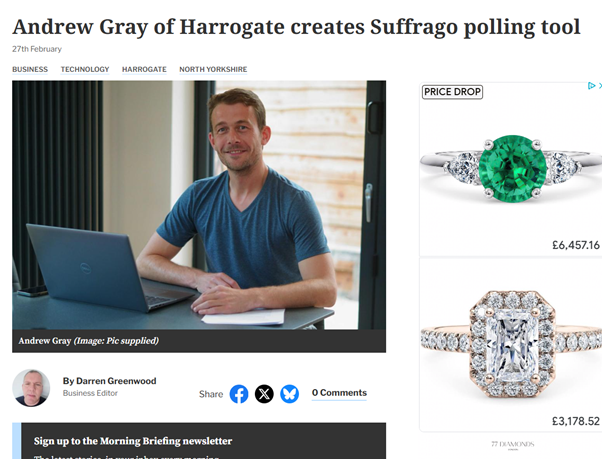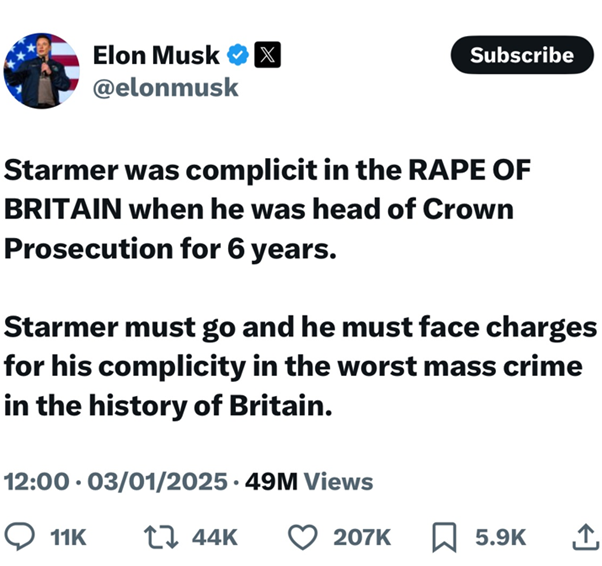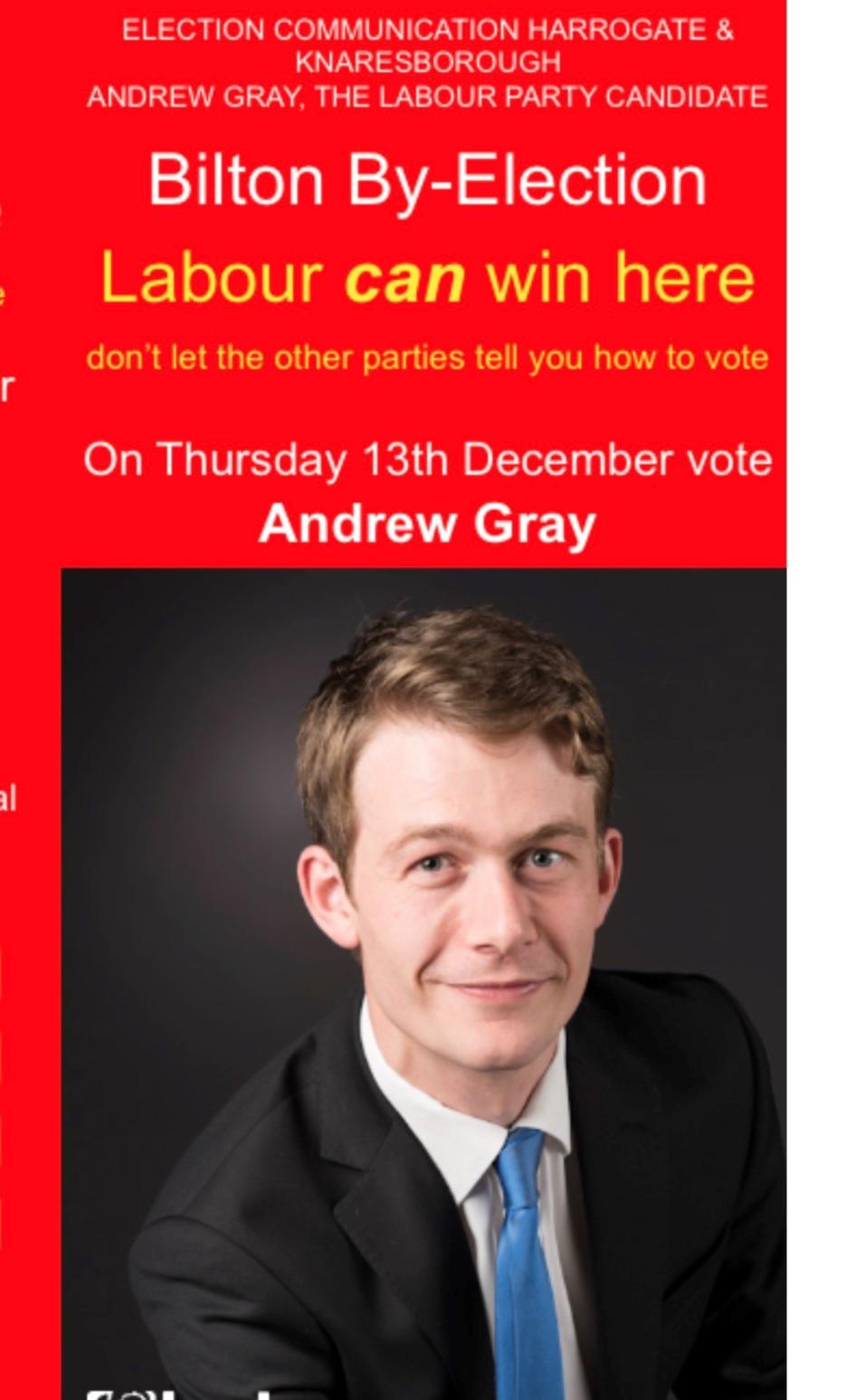(I would prefer never to speak of any particular “class”, but as the term retains utility, I shall use it.)
On Friday evening, I had an emergency telephone consultation with a GP. Her advice was unequivocal: go to A & E. Not what I wanted to hear – of course – but I appreciated the clarity.
What I think I needed was for my blood pressure to be checked. Attending A & E alone was a non-starter, as I couldn’t stand up. We therefore asked our wonderful neighbours for an emergency babysitter. In that chat group was a GP.
Now I can assure my readers that I did not want our friend to check in on me, but check on me she did. (As I thought, my blood pressure was too low on standing, flooring me. A & E was spared my needless presence). For our friend, I feel immense gratitude, and I hope that she never needs to check on my again. But such fortuitousness (or not) gave me pause for reflection at the reason for my “luck”.
During my teens, my middle class, wonderful parents secured me two weeks of legal work experience. Unpaid, of course, as such work experience always is. These two weeks not only set me on my career trajectory, but then made it easier for me to find my first job in law. During my gruelling interviews to become a trainee solicitor, I remember citing my work experience as evidence that I understood the profession.
Today, routinely I help my friends and family with their legal problems. No question. Like me, most of my friends and family are “middle class”. Candidly, in the past, I was more likely to sanction a work experience placement if I knew the family.
But let me confess: over the years, I have joined in the pillorying of Old Etonians – particularly the Bullingdon Club boys – for using their upper class connections to further their interests. Even recently, Reckless Boris appointed yet another “Buller” to – believe it or not – take a seat on the Whitehall sleaze watchdog. And let’s not forget Matt Hancock, who appointed his “friend” from Oxford as a non-executive at his department. They soon got to know each other better.
Writing in The Times, Matthew Syed notes:
“The American data scientist Seth Stephens-Davidowitz estimates that the son of a president is 1.4 million times more likely to become president than an average American. He also shows that the sons of governors have a 6,000 times greater chance of reaching high office, and the sons of senators have an 8,500 times greater chance.”
Such statistics will be similar in the UK. Locally, my former colleague, Richard Burgon, MP for Leeds East, is the nephew of former local MP, Colin Burgon. More famously, in the next constituency – in Leeds Central – we find Hilary Benn MP, son of Tony Benn. Tony Blair’s father stood for the Conservatives, although usually most Labour MPs are drawn from unions – another club of sorts.
Witnessing the building work carried out on our house, it is clear that tradespeople, on the whole, have their own code of honour, able to call on each other whenever they need to. I envy it. Just as when I give free legal advice to friends or family, or when Reckless Boris appoints another mate, tradespeople often go to who they know; whom they trust; who is any good.
In the same Times piece, Syed also notes that the world’s greatest sport – football – is immune from nepotism. Billions play it, because all you need is a football and two jumpers for goalposts. Very few barriers to entry. In football, family ties mean almost nothing: you need ability to succeed. Connections won’t get you far. Unquestionably, the quality of football improves each season. No Premier League Winner in the 1990s would make a Premier League-winning team in the 2020s.
Whilst I am sure that we would all like to live in a more meritocratic world – a world which is mercifully becoming more meritocratic – it would pay us all dividends to consider how we use our own networks to get on, and to help “our own” to get on. The Etonians of this world are just doing what the rest of us do. The only difference being is that they usually control the levers of power. Our GP friend checked up on me – to my advantage – because we live in the same leafy suburbs. I live in a leafy suburb, thanks in large part to the advantages bestowed upon me from childhood. I am not saying that there is anything wrong with such opportunities being passed down the generations– that I should have rejected our friend’s generosity, due to an acknowledgement of historic injustices – but it is right that I realise that most people cannot call upon a friendly GP on a Friday evening.
Turning to our “clan” is what we have always done as a species. In football, we can see a brighter future, where all our talents are deployed to the benefit of the collective; a nirvana to aspire to. In the meantime, next time I contemplate decrying Reckless Boris, I shall first consider my own hypocrisies.









